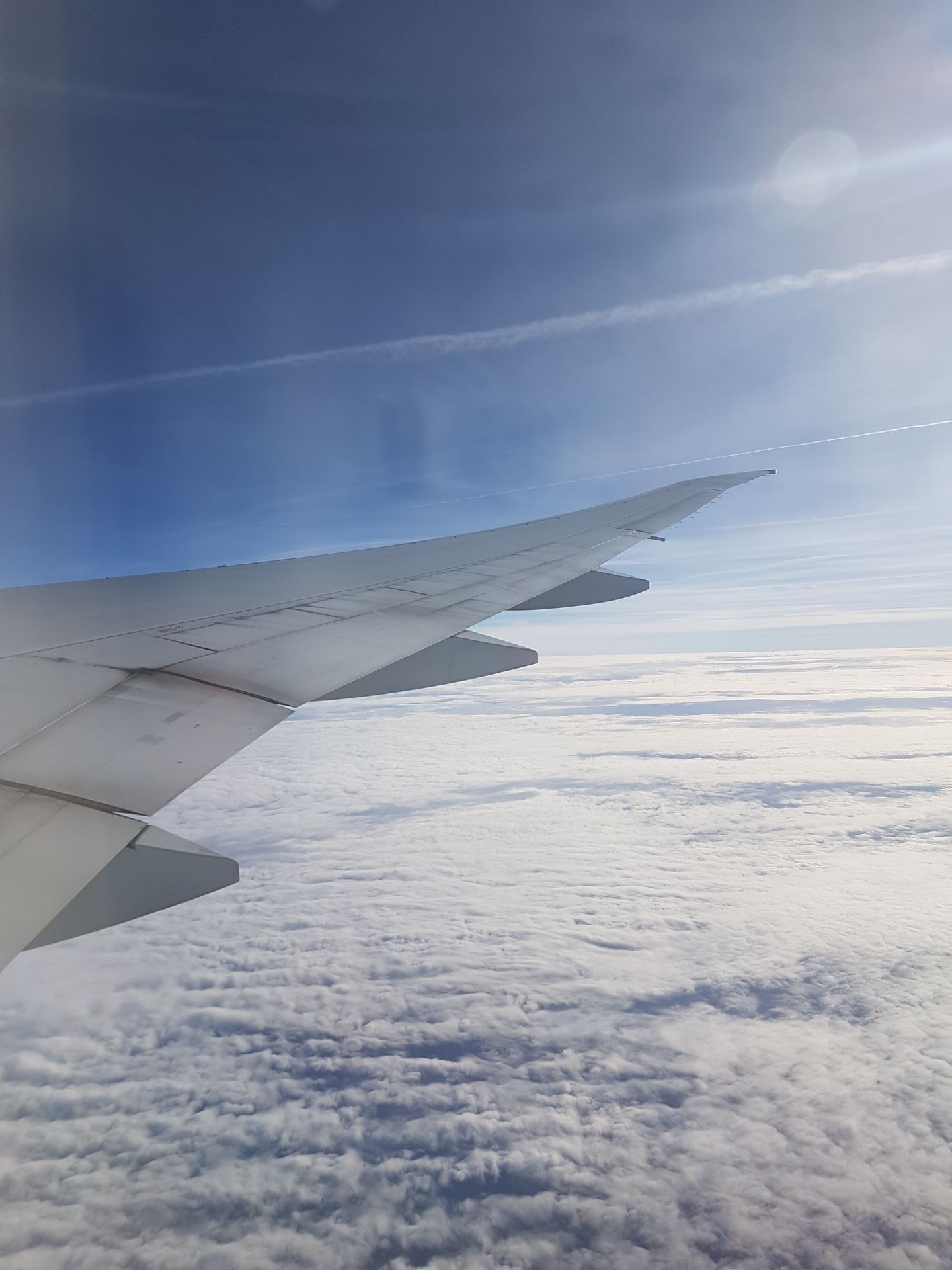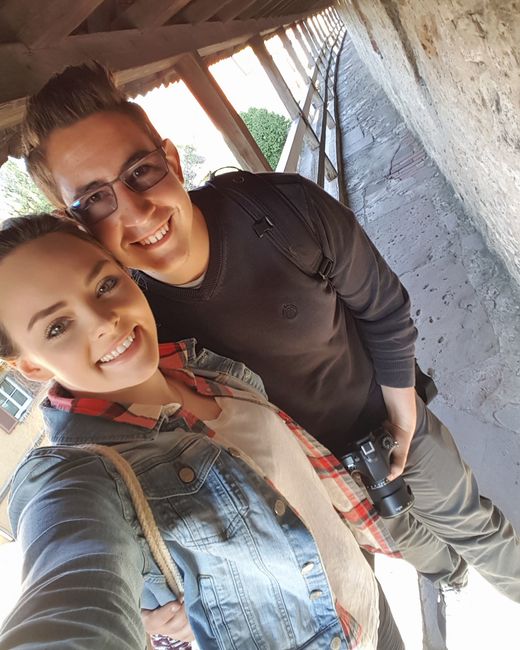31/07/2018 - 'Forgotten World Highway'
வெளியிடப்பட்டது: 04.09.2018
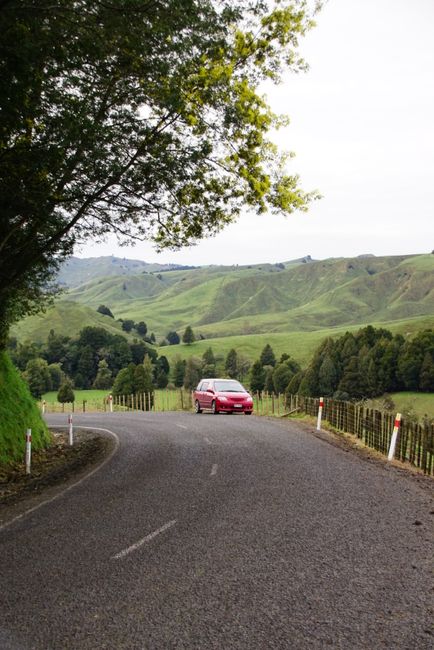
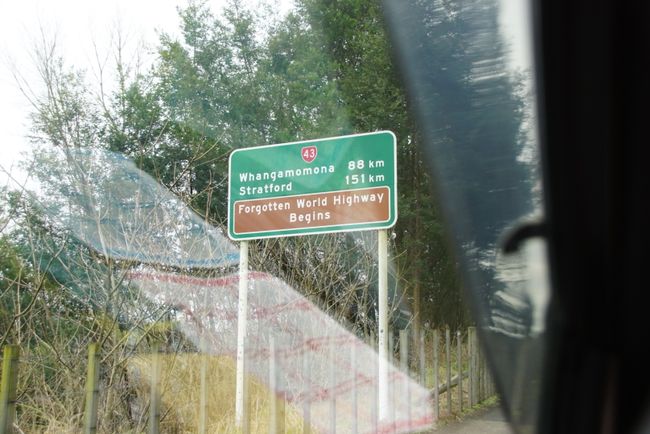
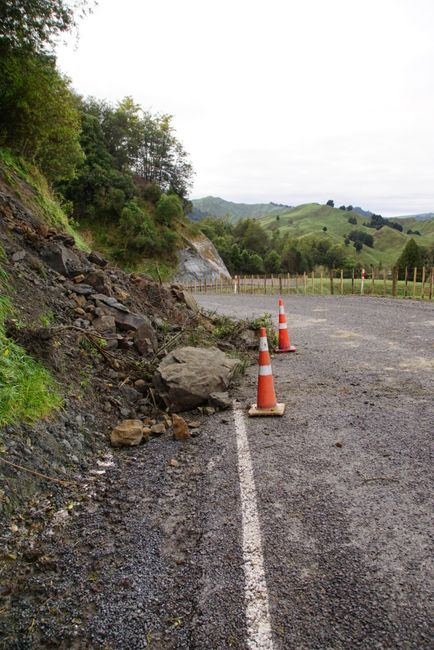
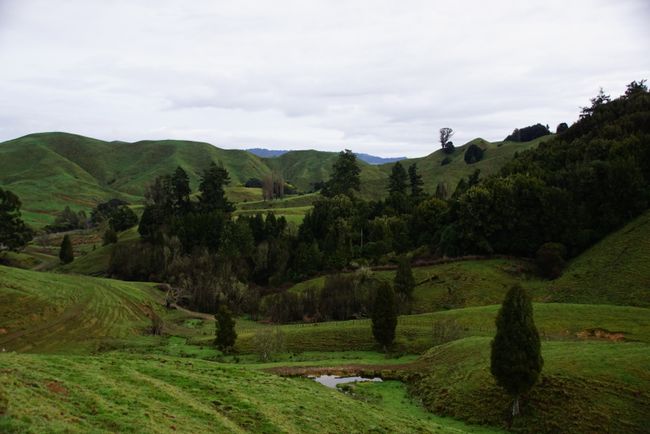
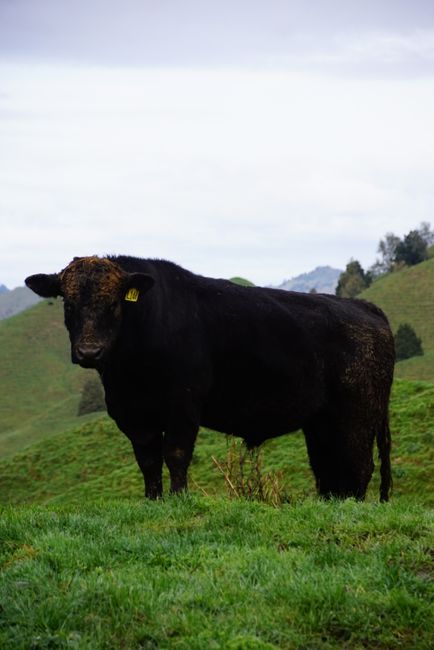
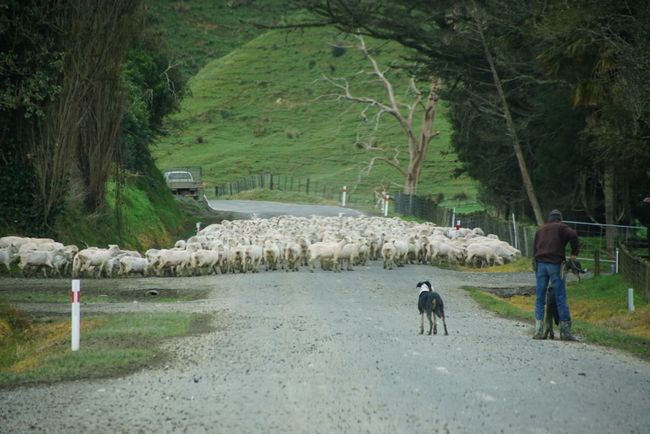
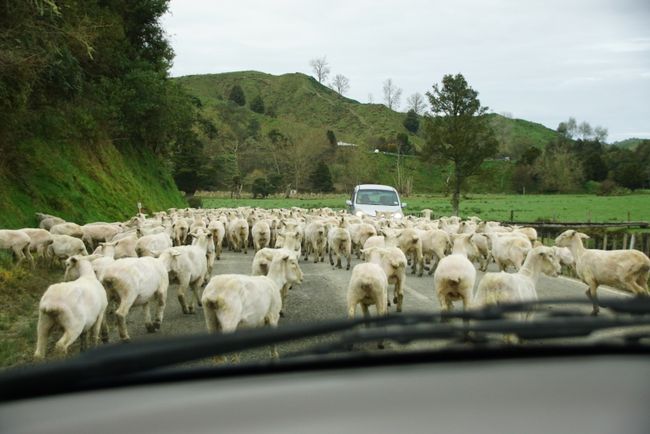
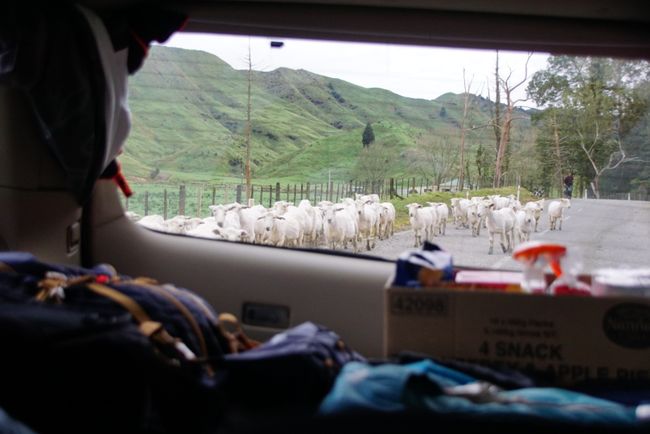
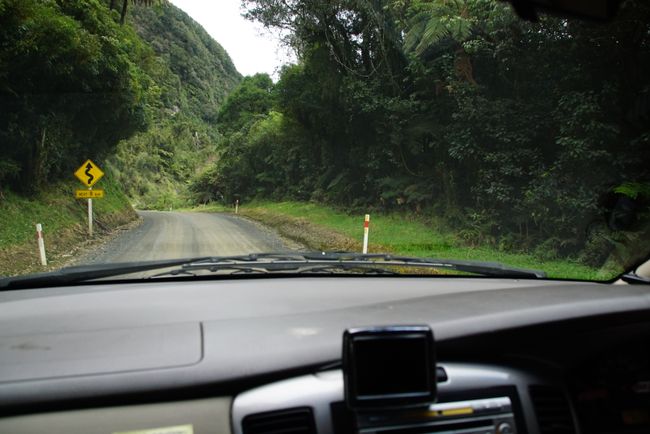
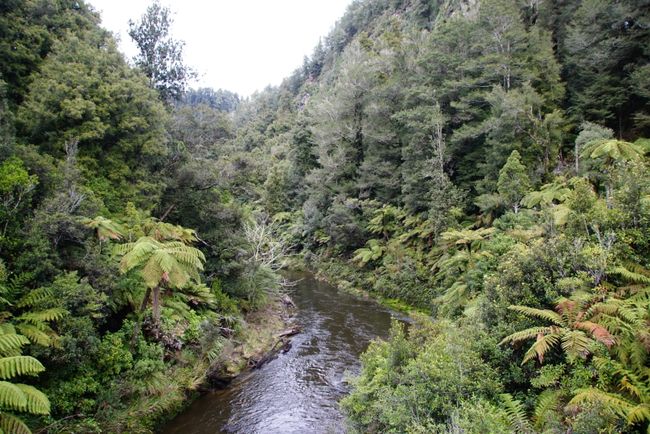
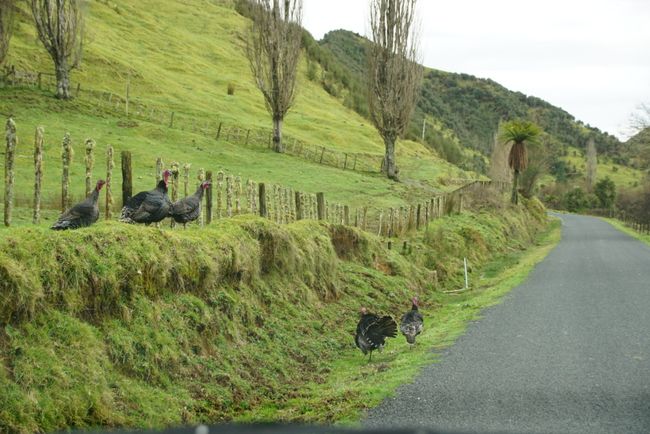
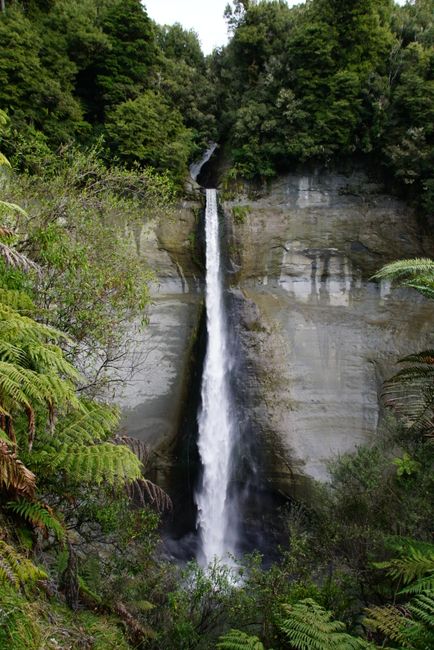
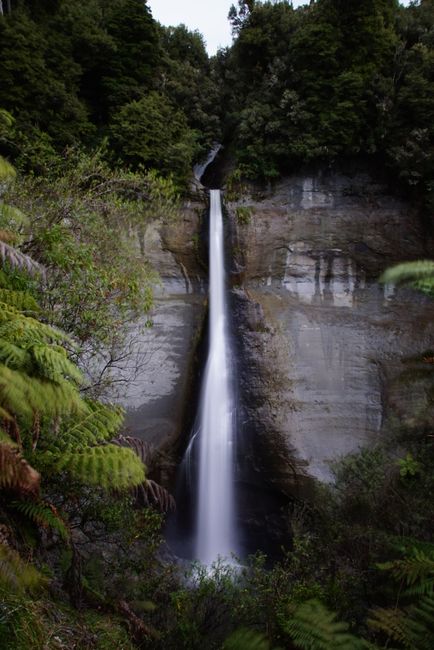
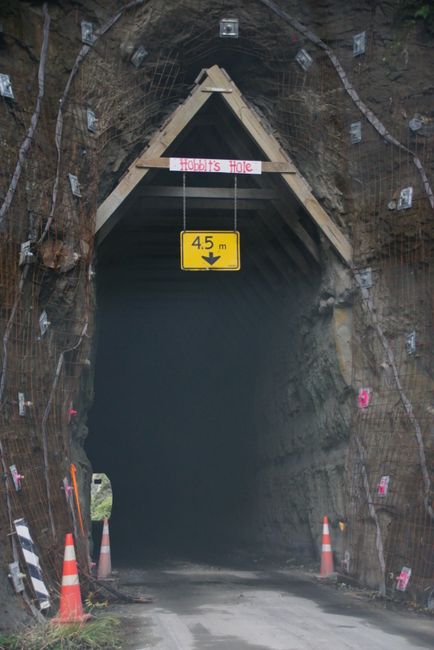
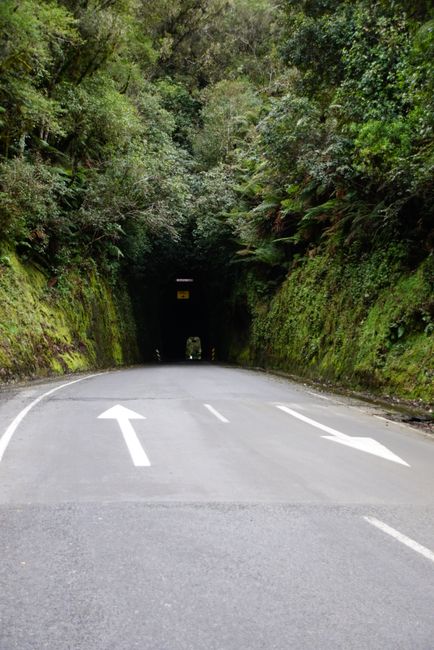
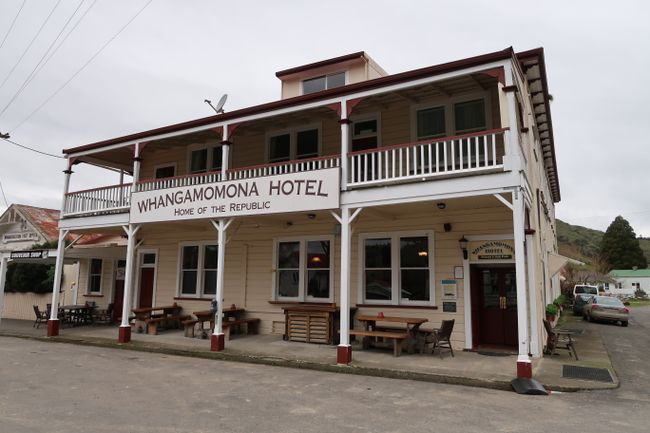
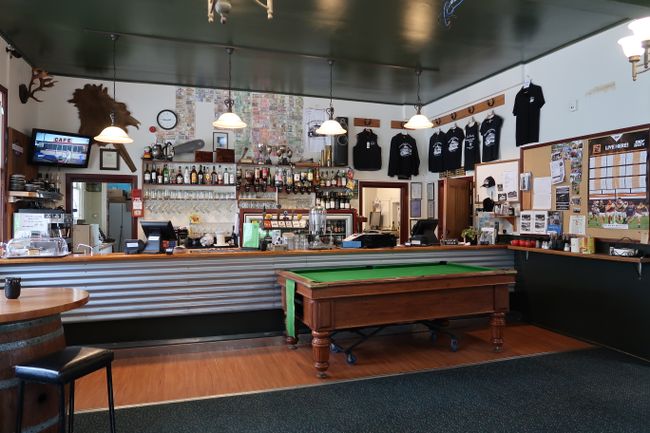
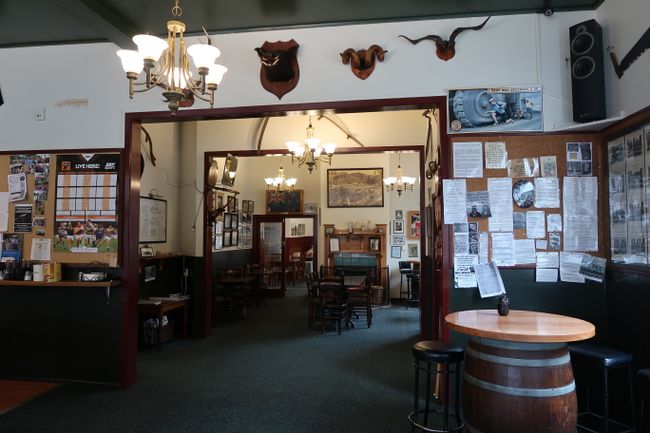
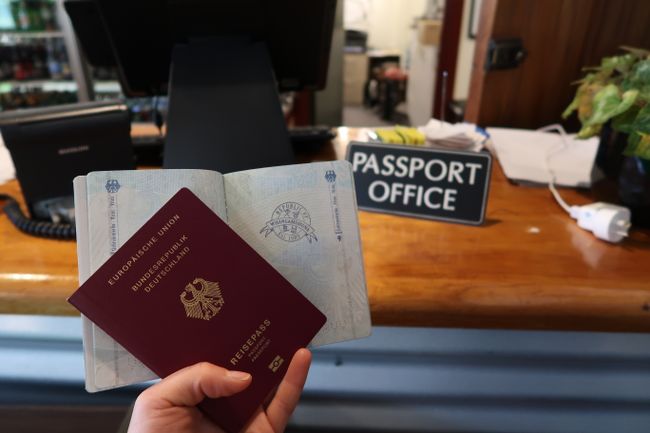
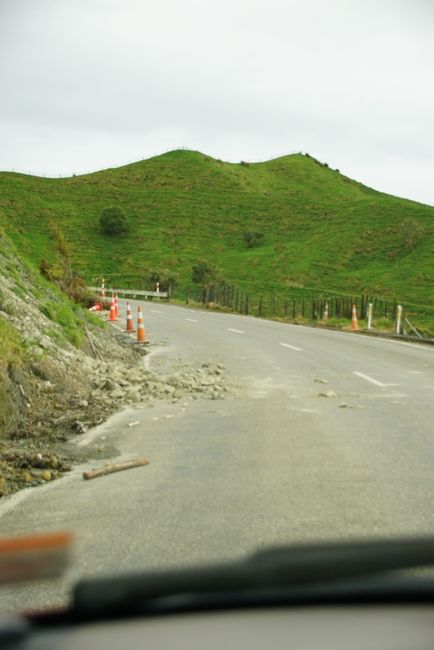
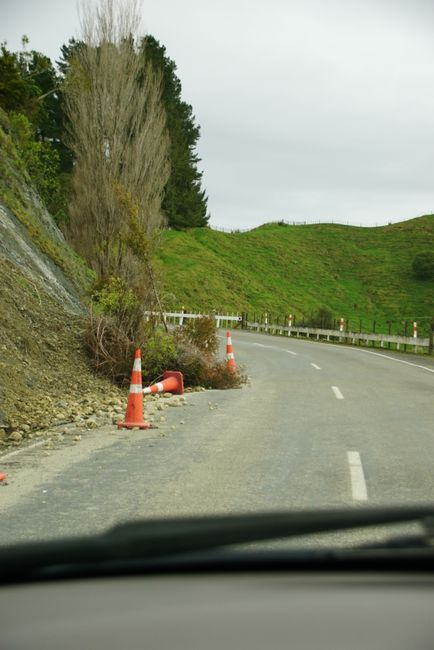
செய்திமடலுக்கு சந்தாதராகவும்
Both the food supplies and the tank were refueled. Best conditions to continue the road trip along one of New Zealand's most remote roads! The 'Forgotten World Highway' connects our starting point 'Taumarunui' with the western located 'Stratford'.
The 155km long State Highway 43 is the least traveled highway in all of New Zealand. It passes through untouched nature, isolated settlements, abandoned coal mines, and along a river valley.
We didn't hesitate and started our journey early. The beginning of the once important highway was like many others. It passed by farmland and many green hills. However, what quickly caught our attention were the many obstacles (trees, landslides) that were lazily pushed aside or secured with a few pylons. Because of this, the two-lane road was regularly reduced to one lane (without traffic regulation, of course). But that was not a problem - hardly any cars were coming anyway. ;) We enjoyed the solitude on the road, crossing several mountain passes in peace. Here and there we stopped to take pictures of the diverse vegetation. The wildlife also provided entertainment - sometimes a massive bull loomed over its pasture, sometimes a group of turkeys strolled across the road. However, the highlight was a large herd of sheep. Freshly shorn, the shepherd accompanied his flock for several hundred meters along the road. With the help of his dogs, he tried to keep the skittish herd under control. Suddenly, the shepherd cleared the road and our Sam became part of the herd! Slowly, we herded the sheep - more or less - across the State Highway. The majority of the group stayed together and ran ahead of us. A few hungry mouths took advantage of the opportunity and ate fresh, crisp grass growing on the roadside. Wonderful! That's how you imagine New Zealand's roads, right!? :) After about five minutes, most of the animals had reached the edge of the road, so we could continue our journey unhindered. The next challenge was a 12 kilometer gravel road section. Since we were already used to the gravel surface and the condition of the road was not too bad, we were able to master this passage without any problems. The further we got, the more the vegetation off the road changed. The green hills at the beginning gave way to dense forests and green gorges. Here too, we took several breaks to stretch our legs. Before we reached the halfway point, we turned off the highway. The goal was the 'Mt Damper Falls', which meant a half-hour detour. The journey by car is not worth mentioning. The 20-minute walk through a muddy sheep pasture was more eventful. Due to the heavy rain in the past few days, we faced several challenges to cross the muddy path without slipping. We had to be careful not to sink completely into the mud. But a goal was in sight and the image that awaited us at the end of the path made us forget all the complications of the journey. The waterfall plunges a fabulous 74m in a thin stream and is one of the tallest waterfalls on the North Island - and certainly one of the most beautiful. A bright stone wall formed the background, which made the Mt Damper Falls stand out particularly well. A dreamlike sight that we didn't have to share with any other visitors.
Back on State Highway 43, the next attraction was not long in coming. The one-lane 'Moki Tunnel' from 1936 is 180m long and was given the nickname 'Hobbit's Hole' - although we had imagined a hobbit hole to be a bit friendlier.
Four hours after departure and nearly 90 kilometers later, we arrived in 'Whangamomona'. Today the community has a total of 40 residents and is the largest settlement on the Forgotten World Highway. We parked our car and explored the 'main street'. The town seemed deserted, but it's not. On the contrary, it has a hidden agenda!
In 1989, when Whangamomona was supposed to be assigned to two different districts, the residents resisted and declared their independence on November 1, 1989, forming their own republic. What sounds like an April Fool's joke is taken very seriously here. The Independence Day is celebrated with great pomp every two years. - We think the defiant reaction is great.
So we visited the local hotel, which is also the center of resistance. In addition to the bedrooms, the quaint building houses a pub in the basement. It is equipped with many souvenir pictures. For example, you can see photographs of the local rugby team.
It is the only New Zealand team that is allowed to play in completely black jerseys. Otherwise, only the national team enjoys this privilege. But since the residents of Whangamomona had already worn this jersey color long before the foundation of the 'All Blacks', they proudly continue the tradition to this day.
After several minutes, the owner of the hotel appeared and fulfilled a long-awaited wish for us. Unfortunately, when we entered New Zealand, we did not receive a stamp in our passports. In Whangamomona, however, every visitor receives a stamp entry for a small donation to the coffee fund! - We are now proud owners of one of the rarest entry stamps that can be legally entered in our passports. :) With this achievement, we joyfully continued our journey to Stratford. We crossed more mountains, unguarded railway crossings, and passed even more piles of earth, which were diligently marked with a border cone. ;)
Of course, the landslides could also be cleared, but the cone will take care of that.
After over five hours, we reached our destination for today. The entrance sign of Stratford was finally in sight. Here we checked in at a campsite and were glad to be able to turn off the engine after the long drive. As a reward, we jumped into the campsite's pool in the evening and swam a few laps.செய்திமடலுக்கு சந்தாதராகவும்
பதில் (2)
Dominic
Mega interessant und wieder so typische Neuseeland-Fotos! Ihr macht die Sehnsucht nach dem Land nicht besser :DWolfgang
Endlich seid ihr offiziell eingereist. Nach fast einem Jahr. ;-)
பயண அறிக்கைகள் நியூசிலாந்து
